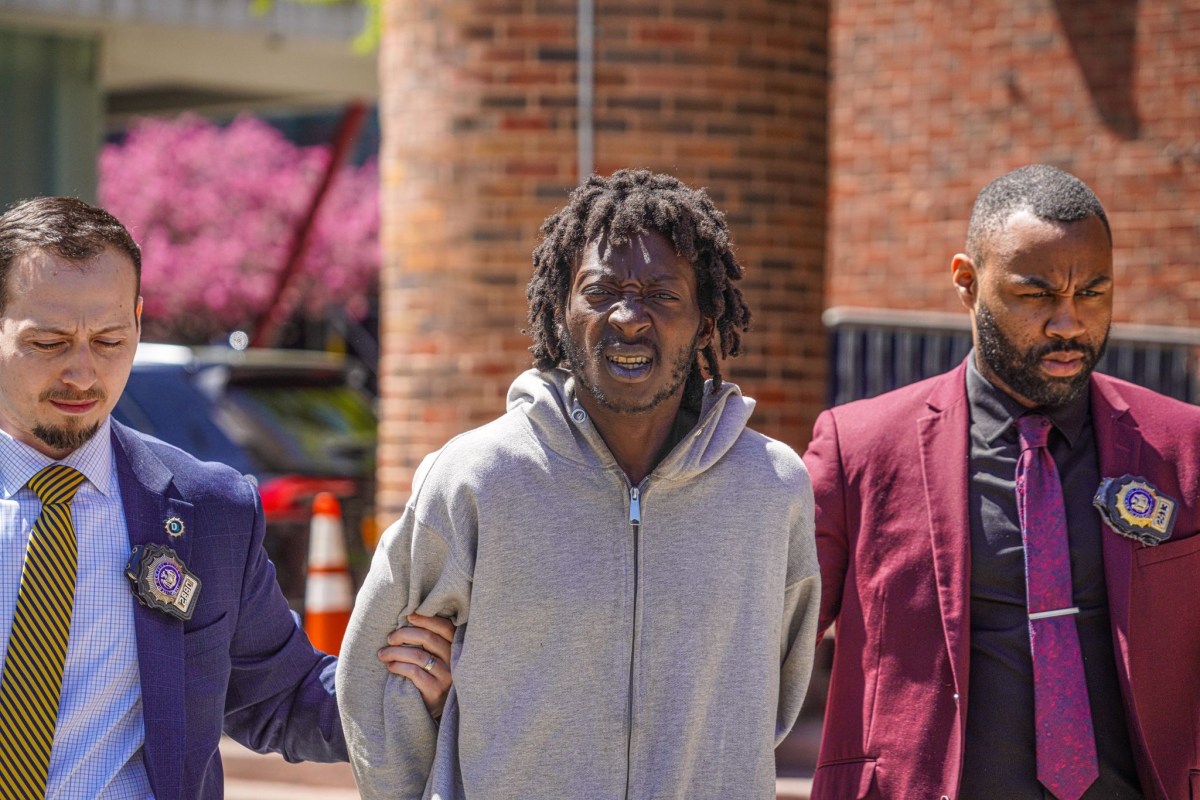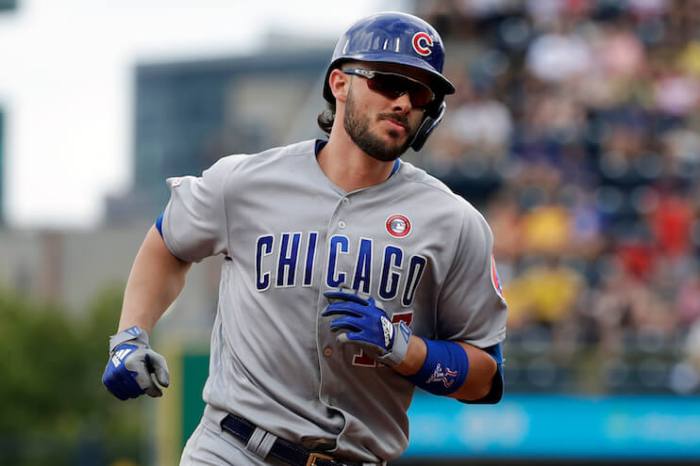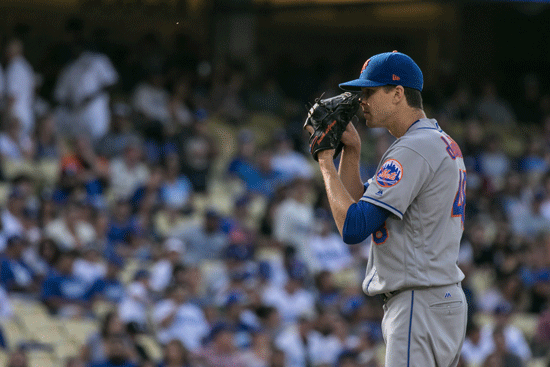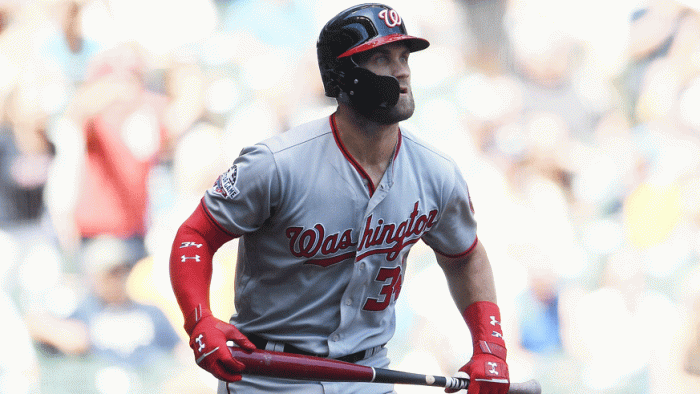If Tom Brady continues his appeal of the NFL Deflategate four-game suspension, he could add his name to a list of influential cases involving sports that have had a major influence on how America’s pastimesoperate. No longer so much a battle between Brady and NFL Commissioner Roger Goodell, Brady’s case is more about an employer’s ability to discipline employees. The Brady camp believes very strongly that the unprecedentedsuspension oversteps how the NFL’s governing body should be allowed to act. Though acceptance of the case by the Supreme Court is unlikely, stranger things have happened.
The below list of cases, in hindsight, all seem to be relevant for the highest court in the land. But many at the time doubted they should progress as far as they did.
1922 —Court rules that Major League Baseball is not subject to antitrust laws (9-0 decision): It’s a case that has paved the way for the Big 4 sports leagues and their dominance in America. The court voted unanimously that baseball was not interstate commerce, and therefore not under the preview of The Sherman Act (an anti-trust bill). 1957 — Court rules the NFL is subject to antitrust laws (6-3 decision): Radovich v. National Football League was one of many related antitrust cases to appear before the court and surprisingly to many, it found that the NFL does not enjoy the same privileged as Major League Baseball. This opened the door for several competiting leagues, including the AFL with which it merged in the 1960s. RELATED LINK: Second half tips for your fantasy baseball team
1971 — Court rules that the NBA can not require draftees to wait four years (7-2 decision): Paving the way to one-and-dones years later, the Supreme Court ruled (in Haywood v. National Basketball Association ) that college basketball players were allowed to leave school early to play in the NBA. For the first time, undergrads were eligible to be drafted. 1971 — Court rules that Muhammad Ali does not need to serve (8-0 decision): Then known as Cassius Clay, the best fighter in boxing history was convicted of being a draft dodger and had his livelihoodstifled as he was not allowed to box due to his conviction. Ali appealed all the way to the Supreme Court and unanimously it was ruled that he was permitted to be a conscientious objector due to his Muslim faith. 1972 — Court paves the way for free agency (6-3 decision): InFlood v. Kuhn, the Court upheld — once again — the anti-trust exemptionfor Major League Baseball. However in a roundabout way, it did help establish the free agent era in baseball after Curt Flood vehemently argued his case to the public that players were treated unfairly by the clubs that drafted them. 2001 — Court requires PGA to allow handicapped golfers compete (7-2 decision): InPGA Tour Inc. v. Martin, the Supreme Court ruled that Casey Martin,whose circulatory condition impaired his ability to walk, should be allowed to use a golf cart. He sued the PGA Tour for not being ADA compliant and eventuallywon.
Tom Brady, if he appeals, will join landmark list of sports Supreme Court cases
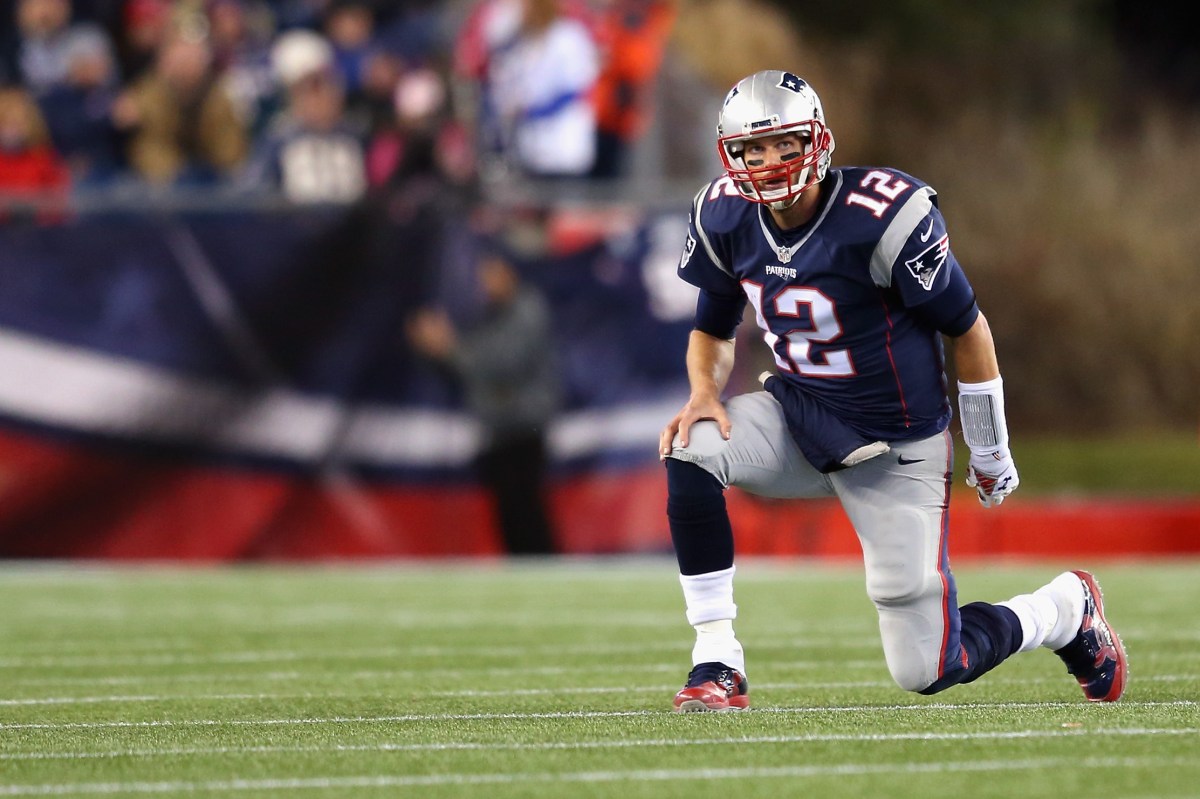
Getty Images







